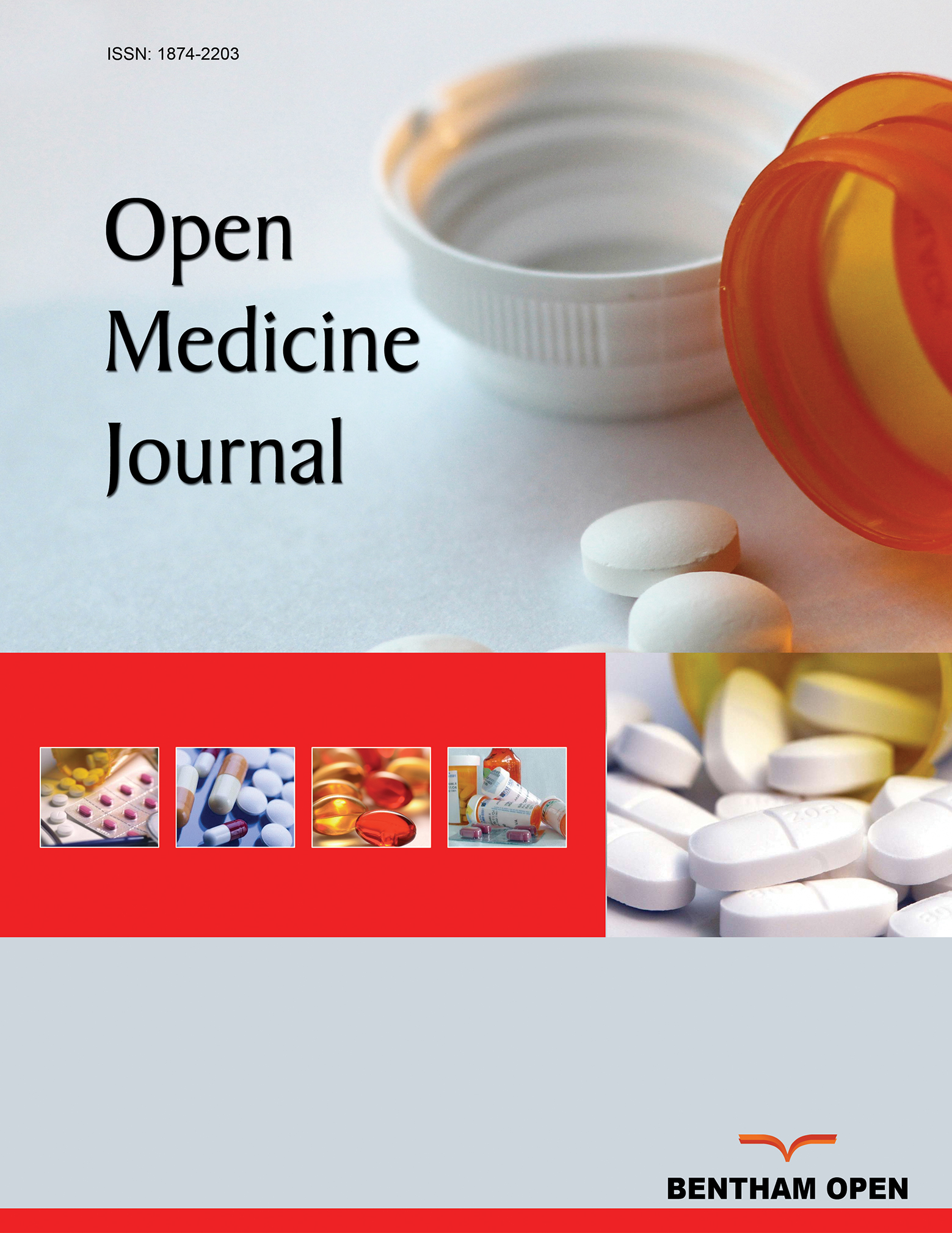All published articles of this journal are available on ScienceDirect.
Lifestyle Factors that can Induce an Independent and Persistent Low-Grade Systemic Inflammatory Response: A Wholistic Approach
Abstract
Subclinical inflammation was first shown in numerous chronic medical illnesses and in the early 1900s, activation of immune-inflammatory pathways was initially observed in a lifestyle-related disorder such as depression. A chronic mild inflammatory state is also a key feature of obesity as well as insulin resistance and other metabolic diseases. This particular form of immune process has given rise to the concept of “metaflammation” (metabolically triggered inflammation) because it can target vital organs and tissues that are critical for the regulation of metabolism, and ultimately disrupt systemic homoeostasis with detrimental health effects. However, accumulating evidence demonstrates a link between metaflammation and a number of lifestyle factors. Lifestyle variables such as ultra-endurance exercise, physical inactivity, extremes of sleep duration, cigarette smoking, burnout, anxiety, and depression can activate multiple immune-inflammatory pathways. Therefore, this review of the literature that bears hallmarks of a systematic review investigates and presents published research data of these lifestyle factors that can induce an independent and persistent low-grade systemic inflammatory response, within the human body, evaluated through the measurement of various biomarkers.


